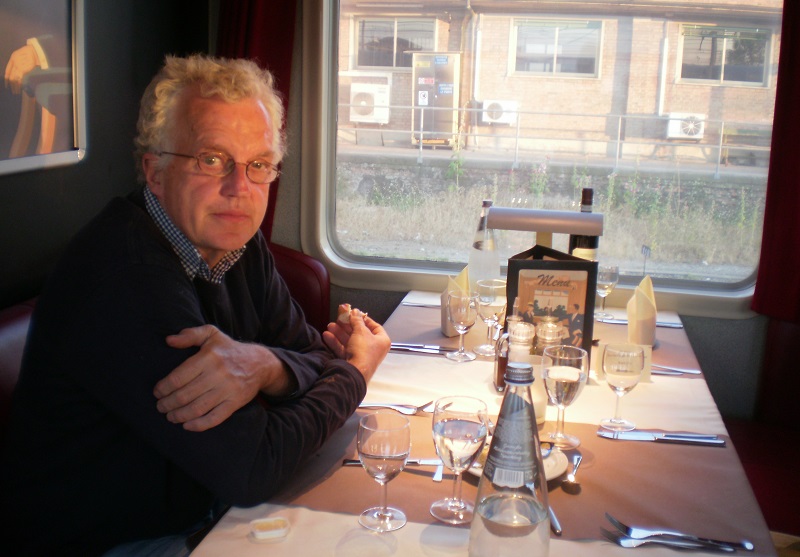Transport should be the biggest issue in the mayoral election. Not only is it an issue that affects every Londoner almost daily, but it is the policy area over which the mayor has greatest control.
Yet, while we have seen rows over allegations of corruption in City Hall and spats over Boris’s long forgotten dealings with the fraudster Darius Guppy, transport issues have yet to set the campaign alight. Partly, this is because Ken Livngstone has being reasonably successful. He has introduced the congestion charge with a reasonable degree of success, though it has proved costly to administer, he has improved the bus service and he has been proved right over the unworkability of the Public Private Partnership contracts for the London Underground.
It is also because there is much so consensus. All four main candidates want more efficient trains and buses. They all support Crossrail, replacing Oxford’s Street virtually continuous bus park with a tram and would retain the congestion charge, although Paddick would scrap the western extension and Johnson is against Livingstone’s plan of charging extra for gas-guzzlers.
Indeed, Boris Johnson struggled manfully when issuing his transport manifesto to create distance between himself and Livingstone. But his main populist proposal, to replace bendy buses with a new version of routemasters including conductors quickly got into trouble when challenged, as the cost would be way beyond the £8m he suggested and, with Oyster cards becoming universal, pointless. Moreover, bendy buses, while unpopular with some users, do provide a fast service among London’s main arteries. The idea of reopening Tube ticket offices, makes little sense in today’s world either, when it is far better to have the staff helping passengers on the forecourt.
Most Johnson’s policies are effectively Ken-Lite, but with a greater emphasis on efficiency and, covertly, supporting car drivers. His idea of re-phasing traffic lights, for example, will make life harder for pedestrians but do little to speed up traffic.
Brian Paddick, for the Libdems, has also clearly scratched around for distinctive policies. His most radical proposal is to split up the PPP contracts for the London Underground with each line becoming a separate franchise but in practice he will find this impossible to do without paying millions in compensation to the private firms.
Sian Berry for the Greens would reduce tube fares, but this too raises probems because the Tube is virtually full at rush hours. And, in any case, the headline fares are paid by very few passengers given the growing use of Oyster.
As for Livingstone’s commitments, it is pretty much more of the same: more buses, more Oyster cards and more control. He wants to take over more suburban rail services, as has already happened with the old Silverlink lines, and he wants to extend free transport to the over 60s so they can travel before 9am on their Freedom Passes.
What is missing from the debate is any sense of the scale of the task facing the next mayor in coping with expected huge increase in passengers, in sorting out the mess from the Metronet collapse and tackling congestion. As an example, a congestion charging scheme, covering the whole of London with sophisticated technology using satellites would allow the worst jams to be targeted and could generate sufficient revenue to pay for the whole mayor’s budget, allowing a huge cut in council tax. That’s the sort of radical idea which would enliven the debate but which, so far, has been sadly absent.
